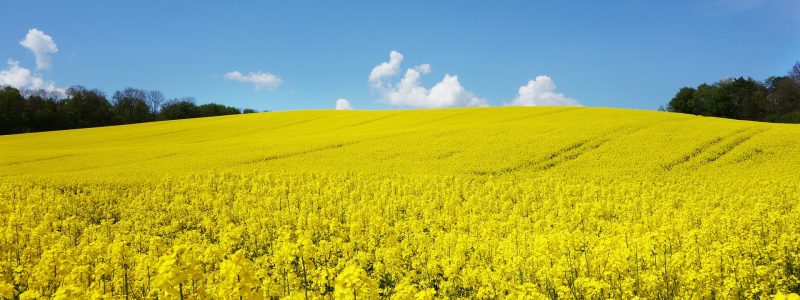Startpage » Usage + Visit » Subject Specific Services » Subject Information » Agricultural and Nutritional Sciences
Overview
Contact
This link leads to a list of all the subjects this person oversees.
Here you find the contact information of the above-mentioned person.
Library Holdings and Acquisitions
Since the foundation of the Institute of Agriculture at the Martin Luther University, literature on agricultural sciences has been collected at the library. Also during times of the GDR, extensive specialist literature regarding the subject was published in German-speaking countries, which was consequently acquired for the library.
Due to the increasing specialization of the subject from the turn of the millennium onwards, new collection foci emerged, today constituting the base of our current library holdings. Particularly regarding the areas of of crop science, animal breeding / veterinary medicine, agricultural economics, soil science and nutritional science the library owns extensive holdings. By now, electronic media dominate the proportions of acquisitions in the subject. Yet, especially textbooks, basic and standard works, as well as literature regarding agricultural practice are primarily still acquired in print.
Finding and Using
Specialized literature on sports is mainly located in the Branch Library Heide Süd. More recent literature is shelved according to the RVK, whilst older holdings are shelved according to an individual classification system.
Consultation and Training Services
Library introductions, training courses for literature research and literature management systems as well as consultations on publication strategies and research data management take place at regular intervals.
Collection of Subject-Relevant Links
Electronically available journals of the specific subject are indexed in the Electronic Journals Library (EZB).
There are various subject databases available for researching subject-specific literature. Those are indexed in the ULB's Database Information System (DBIS).
Please remember to activate the VPN connection when researching outside of reach of the university wifi.
History and Profiling of the Subject
The Institute of Agricultural and Nutritional Sciences at the Martin Luther University constitutes an internationally renowned educational and research institution, whilst looking back on a long history. The development of agricultural sciences first started by the establishment of the Chair of Agriculture, then being part of the Faculty of Philosophy, in 1863 by Prof. Dr. Julius Kühn. During the following years, the Agricultural Institute grew slowly but surely. Buildings for teaching as well as functional buildings for livestock farming were built. In addition to these, an university-owned field experiment station was established near the training facilities. Today, the internationally renowned permanent experiment called “Eternal Rye Cultivation” is located there up to this day.
The chosen development path of agricultural sciences at the Martin Luther University was finally confirmed by the establishment of the Faculty of Agriculture, founded in 1947. The progressive specialization of the science as well as the studies was specifically characterised by the foundation of new institutes, which still constitute the base of current institutional structures.
Per the 3rd university reform of the GDR in 1968, the agricultural faculties were restructured into sections, each representing a specialized scientific profile. As a result, the Section of Plant Production, being subdivided into eight scientific areas, started its work at the Martin Luther University.
After the political change and the restructuring of the university, the Faculty of Agriculture was re–established on April 1, 1991. Thereby, it was also possible for the institutes of study of farm animal science to resume their work. In October 2006, the faculty was merged into the Faculty of Natural Sciences III. Furthermore, in the course of the Bologna process, the conversion of the study programs to the Bachelor-Master system took place. Since then, the courses of study Agricultural Sciences, Crop Sciences and Nutritional Sciences are on offer. A specialty of the MLU is the course of Management of Natural Resources, combining the fundamentals of both agricultural sciences and geosciences.

